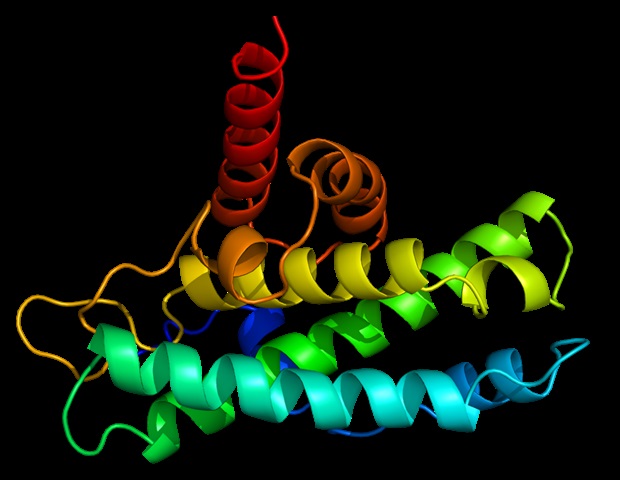
Northern Territory health clinics are grappling with an imminent shortage of Benzathine benzylpenicillin, a drug crucial for treating rheumatic heart disease. Commonly known as bicillin, this medication is typically administered to patients every 21 days. However, NT Health has informed clinicians that the temporary supply of the drug has been exhausted, with the issue unlikely to be resolved before September.
Raychelle McKenzie, who has lived with rheumatic heart disease since she was eight, struggles to imagine the consequences of a bicillin shortage in her hometown of Maningrida, where the rate of diagnosis is among the highest globally. “Most families I know have a case of rheumatic heart disease; I know people who have passed away from it,” she said. “We have such a high number, it’s catastrophic.”
Impact on First Nations Communities
First Nations people living in the NT suffer disproportionately high rates of rheumatic heart disease. In Maningrida, the general manager of the Mala’la Health Service, Jessica Gatti, is facing the daunting task of deciding who receives treatment. “It’s not a decision any clinician wants to make,” she said. “We have 174 to 178 people who receive bicillin for rheumatic heart disease on a 21 to 28 day cycle. We have 30 doses on hand.”
The issues faced by Mala’la Health Service are prevalent across the territory, especially in First Nations communities. The rate of rheumatic fever diagnoses among First Nations people in the NT is the highest in Australia. Patients are grouped into one of four priority groups, depending on the severity of their condition. Failing to treat patients in the second and third priority groups could have long-term ramifications.
“By maybe needing to delay the administration of bicillin to anyone who isn’t a P1 or a P2, there’s a risk they may develop worse conditions,” Ms. Gatti explained.
Alternative Solutions Fall Short
With its supply of the French brand Extencilline depleted, NT Health advised clinicians to opt for the British Brancaster and Spanish Benzatacil brands instead. However, these alternatives have offered little relief, as practitioners remain without sufficient quantities of the drug.
“We secured and purchased 200 doses of Brancaster,” Ms. Gatti said. “We received 20 and were told that the remaining 180 would arrive this week.” Unfortunately, the Brancaster supply was exhausted, and the expected Benzatacil shipment has yet to arrive in Australia.
Global Shortage and Future Implications
In a statement, NT Health acknowledged that the shortages are not a new development. “There has been a shortage of Benzathine benzylpenicillin globally since 2023 and supplies have been carefully managed to ensure people who need this medicine continue to receive it,” the statement read.
The shortage of bicillin not only affects rheumatic heart disease patients but also those needing treatment for syphilis, further compounding the crisis. The situation underscores the need for a more robust supply chain and highlights the vulnerabilities in the current healthcare system.
As the Northern Territory navigates this crisis, the focus remains on securing adequate supplies and ensuring that those most in need receive treatment. The implications of the shortage could be far-reaching, affecting public health outcomes and increasing the burden on already strained healthcare services.
The coming months will be critical as health officials and community leaders work together to address this pressing issue, seeking both short-term solutions and long-term strategies to prevent future shortages.





